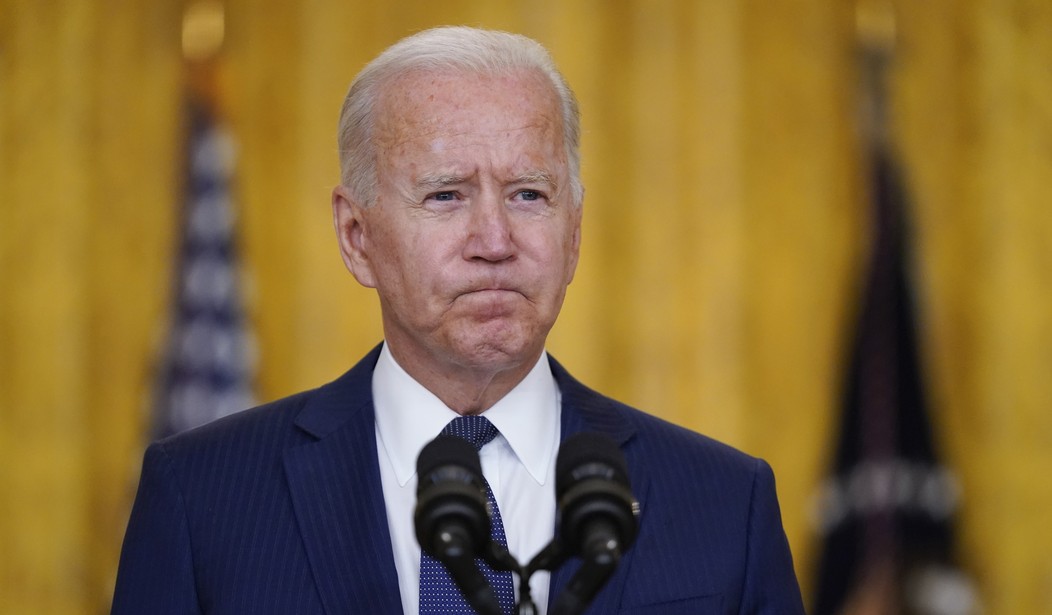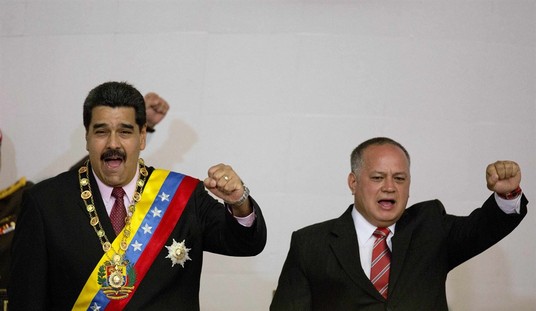At his CNN Townhall on Thursday night, Joe Biden admitted that he doesn’t see an end to high gas prices anytime soon.
The president sat down with Anderson Cooper and talked about multiple topics, many of which could produce red flags for most Americans, but Biden’s discussion of gas prices may have been one of the most frustrating.
“I don’t see anything that’s going to significantly reduce gas prices right now,” Biden told CNN’s Anderson Cooper. “My guess is you’ll start to see gas prices come down as we get by going into the winter, I mean excuse me, into next year in 2022.
Biden said what will happen with gas prices depends on Saudi Arabia and a few other things “in the offing,” but Biden also said he was resisting talking to Middle Eastern leaders about it.
“I don’t have a near–term answer,” Biden added. “It’s going to be hard.”
Beyond the echoes of Jimmy Carter, there’s not a ton of empathy in Biden’s words.
Biden laid the blame at the feet of “Middle Eastern folks,” but it’s more complex than the president lets on. And it’s partially his fault.
The Hill reports:
In his fever to undo every vestige of the Trump presidency, Biden has undermined the extraordinary progress made by the previous administration towards peace in the Middle East, including by “recalibrating” our relationship with Saudi Arabia. The signing of the Abraham Accords between Israel and the UAE, Bahrain, Sudan, and Morocco marked an undisputed breakthrough in opening relations among bitter enemies and also in ring-fencing a belligerent Iran.
Instead of attempting to build on that achievement, Biden has tried to bury it. Upon taking office President Biden immediately froze arms sales to the UAE, which had been promised as part of the deal. He next halted military aid to the Saudi war in Yemen and rescinded the terrorist organization designation applied to the Houthis by President Trump, emboldening that group to step up their attacks on Saudi Arabia.
No wonder the OPEC nations aren’t so willing to open up the floodgates.
Related: Energy Costs Spiking in Europe. Can it Happen in the U.S.?
Business Insider says that high gas prices are a combination of OPEC’s unwillingness to increase production, more demand as people emerge from pandemic lockdowns to drive and travel more, and the ongoing effects of Hurricane Ida, which devastated parts of the Gulf Coast earlier this year.
But we also know that the Biden administration froze federal gas and oil leases earlier this year, limiting domestic production. We can thank this administration and its green initiatives for having to fork over more green at the pump these days.
Patrick De Haan of GasBuddy has noted that gas prices are reaching highs we haven’t seen in a long time:
By the weekend, we'll see no states with an average of under $3/gal, it'll be the first time in over 2,500 days since that last occurred.
— Patrick De Haan ⛽️📊 (@GasBuddyGuy) October 20, 2021
If you’re keeping score, 2,500 days ago was during the Obama administration.
DeHaan also told Fox Business that high gas prices affect the larger economy because paying more at the pump continues to “to eat away at consumers’ buying power.”
But according to Joe Biden, we’re stuck with gas prices like this for the near future, so I guess we just have to deal with it.










Join the conversation as a VIP Member